International
-
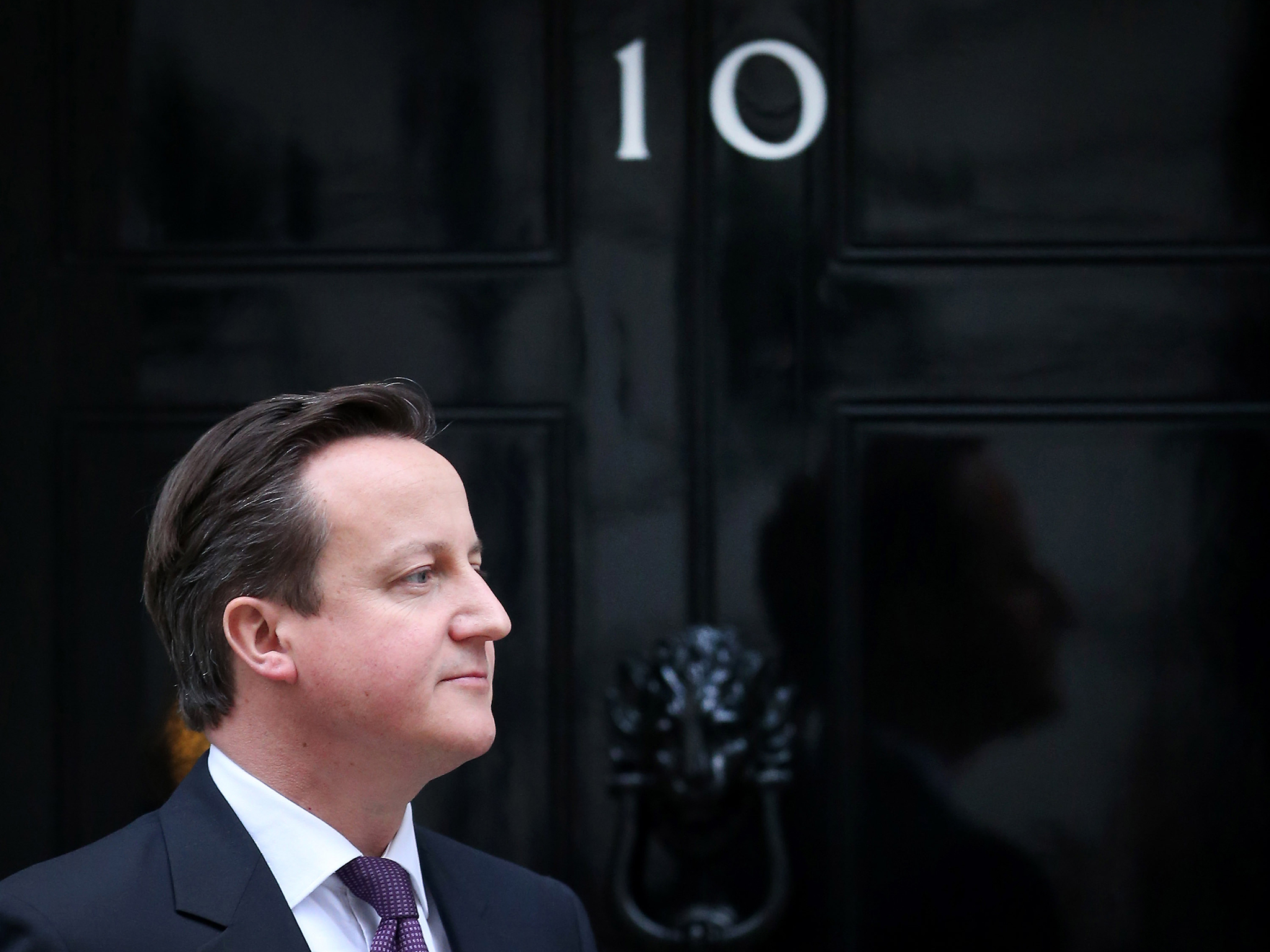
Another Surprise at the Polls: Cameron Wins a (Small) Majority at the 2015 UK General Election
Dr. Alistair Clark, Newcastle University E: Alistair.clark@ncl.ac.uk T: @ClarkAlistairJ In my…
-
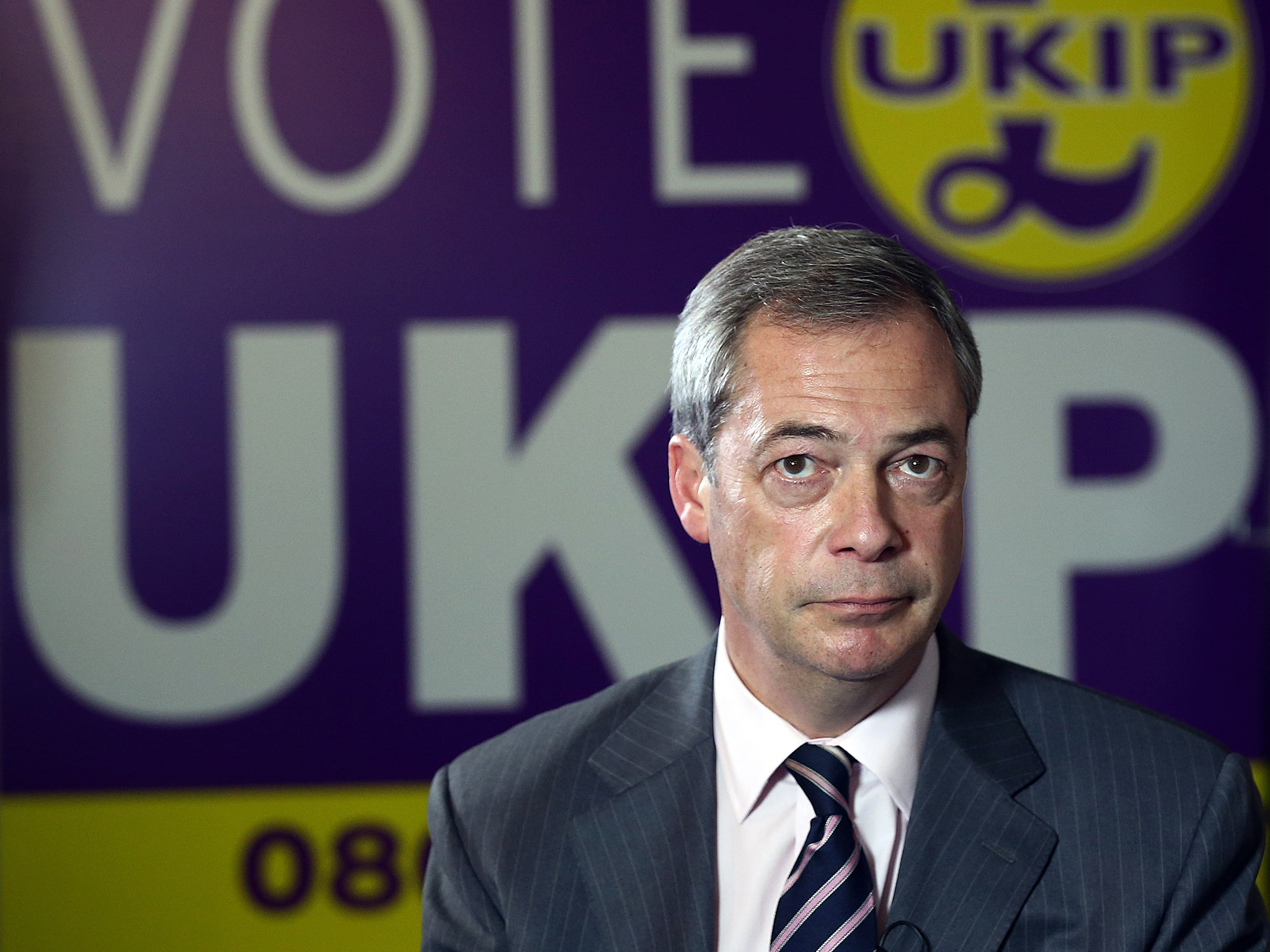
The UK General Election of 7th May 2015: The Most Uncertain for Decades
Dr. Alistair Clark Newcastle University Alistair.clark@ncl.ac.uk The UK goes to the…
-
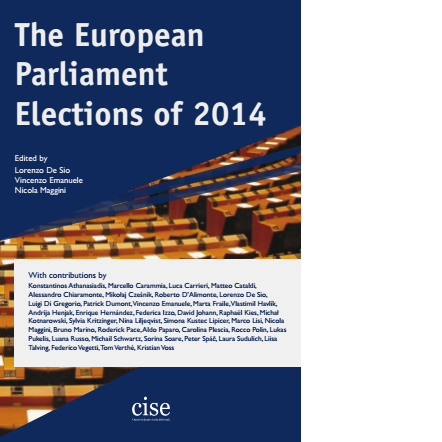
“The European Parliament Elections of 2014” – individual chapters in PDF format
Introduction Lorenzo De Sio, Vincenzo Emanuele and Nicola Maggini Part…
-
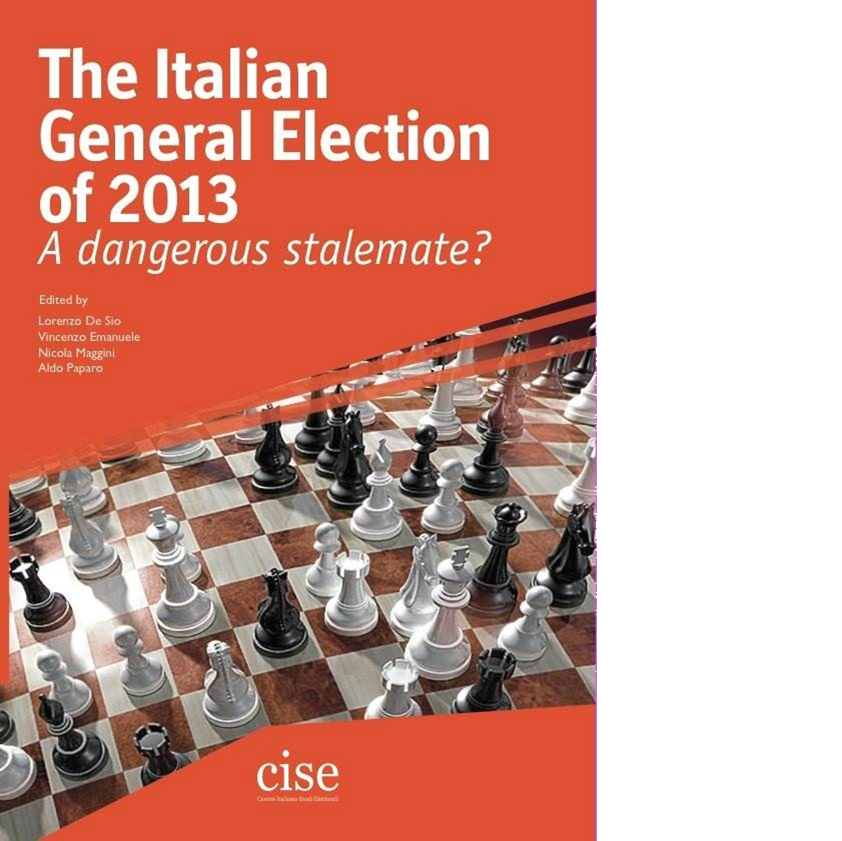
“The Italian General Election of 2013” – Individual chapters in PDF format
Introduction: a perfect storm? Lorenzo De Sio, Vincenzo Emanuele, Nicola Maggini…
-

How Berlusconi could yet pull off the unimaginable
di Roberto D’Alimonte Articolo pubblicato sul Financial Times il 14 febbraio…
-
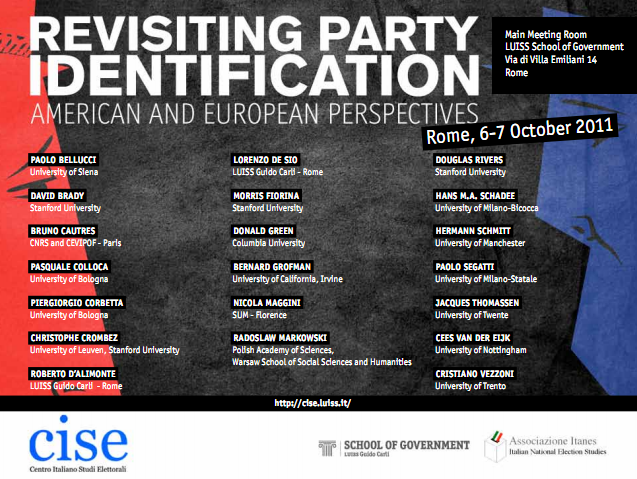
Papers and presentations from the “Revisiting Party Identification” conference are now online
Panel 1: David W. Brady and Arjun S. Wilkins Secular realignment…
-

Revisiting Party Identification: American and European Perspectives
An international scientific conference organized by the CISE, in collaboration with…